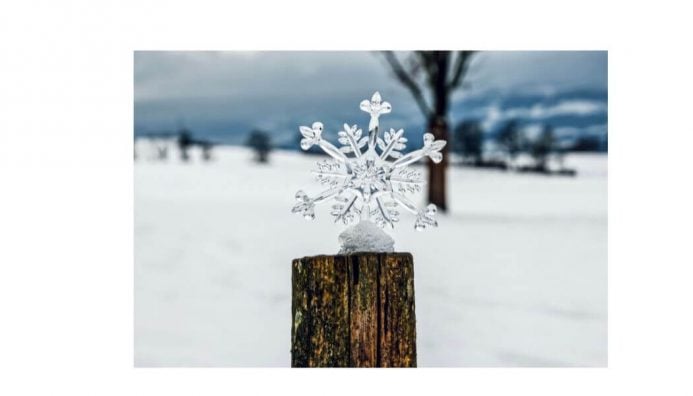2024 NE Counties Gun Raffle
Raffle tickets are $25 each with all proceeds supporting programming and events that will expand and grow agriculture’s footprint in the county.
Read MoreThat first magical flake floats out of the icy sky, and my face lights up like a bulb on a Christmas tree.
I love snow, big or small flakes, gusting pieces of ice, or softly floating flakes; I’m in love. I think it’s because some of my best memories involve snow. From playing fox and goose in the snow with my grandpa to skiing with my family, the snow and cold has always held a magic that can’t be found anywhere else. A good coat of snow quiets the noise and brings a silence to the world that doesn’t exist at any other time; if that’s not magic, I’m not sure what is.
Yet, despite that magic, so many people despise the snow, which makes me sad. Regardless of Mrs. Carbuncle’s claim in “Frosty Returns” that “This darn snow turns into slush, and where there is slush there is ice, and where there is ice there is broken hips, and where there is broken hips there are substitute teachers,” (1992) snow also serves really important purposes that can’t be ignored by farmers and non-farmers alike.
A good covering of snow can actually help improve fields for farmers and even gardeners. Snow provides some insulation for crops like wheat so that bitterly cold temperatures don’t kill the young plants. This is also true for perennials, bulbs, ground covers and strawberry plants; snow can serve as a mulch for these plants and protect them from the bitter winds and cold that come with winter. Plants’ root systems can be in danger from the freezing and thawing cycle when winter comes, but snow helps mitigate that damage.
As cold as snow is to our touch, snow is an excellent insulator that protects the ground. When it snows, air pockets are trapped between the flakes; in fact, snow is between 90% and 95% air. Those pockets typically stay about 32 degrees, which could be much warmer than the actual air temperature. Snow, therefore, acts like a big, fluffy, warm blanket on the ground and can actually keep the ground almost twice as warm as the air outside. This insulating snow quality is why many Arctic cultures use igloos to keep warm; a well-done igloo could be 50 to 60 degrees warmer than the outside air.
Besides insulation, snow, according to old wives’ tales, is the poor man’s fertilizer. As it falls through the atmosphere, snow collects nitrogen and other particles like sulfur. Agricultural studies show snow and rain can deposit between 2 to 12 pounds of nitrogen per acre in the U.S. per year. Unlike rain, which can actually come down too fast and void the absorption of minerals, snow melt is typically slow. Therefore, the ground can absorb more minerals, replenishing nutrients lost to farming and gardening.
Last but not least, snow helps the ground keep moisture. Just like your hands, if you don’t use gloves in the winter wind, that same brutal winter wind can dry out the top layer of soil, leaving it the same as your hands. Good soil moisture is important for plants to thrive in the garden and the field. As snow melts, farmers and gardeners can count on 20% to 25% of the melt entering the ground. This depends a lot on the soil condition and the snow depth. An old adage says there is 1 inch of water in every 10 inches of snow, which is primarily true depending on the snow’s temperature, thickness and wetness.
So, as many of you are curled up on the couch in your warmest clothes with your fluffiest blankets, dreaming of next year’s garden, know that every flake of snow that falls is helping create a more luxurious garden. Farmers, bundled up against the cold, are watching the snow coat their acres of field, knowing that the benefits of that snow will be reaped in the fall when harvest season arrives.
Snow, while sometimes a menace, isn’t all that bad. It serves a crucial purpose in the cycle of seasons. As for me, I’ll be outside enjoying all the beauty that snow has to offer. And if you’re lucky, you might even see me trying to catch a snowflake on my tongue; unlike Lucy from Peanuts, I find nothing wrong with the taste of December snowflakes.
Submitted by Christen Clemson, a member of the Trumbull County Farm Bureau who completed her Ph.D. at the Pennsylvania State University. She and her family farm in Mecca Township.
OFBF Mission: Working together for Ohio farmers to advance agriculture and strengthen our communities.
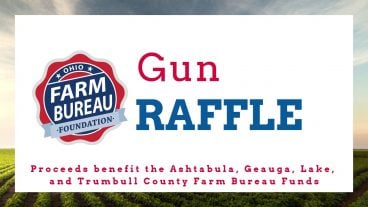
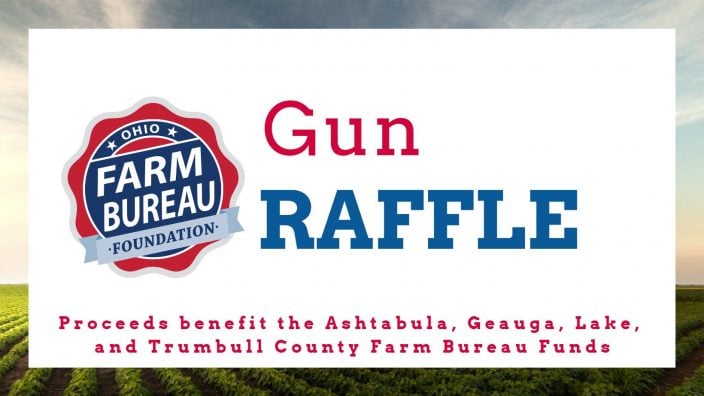
Raffle tickets are $25 each with all proceeds supporting programming and events that will expand and grow agriculture’s footprint in the county.
Read More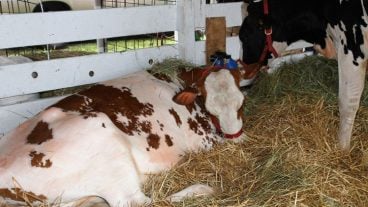
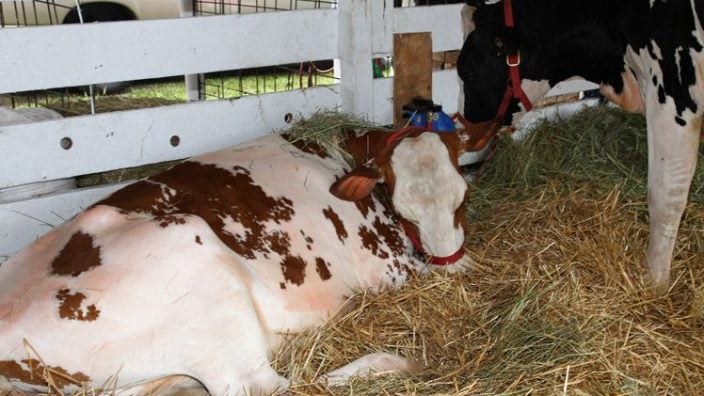
Farm Bureau and county fairs go hand in hand. Both are a lot of fun and love to promote agriculture.
Read More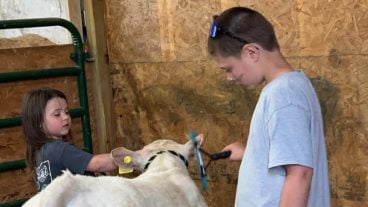
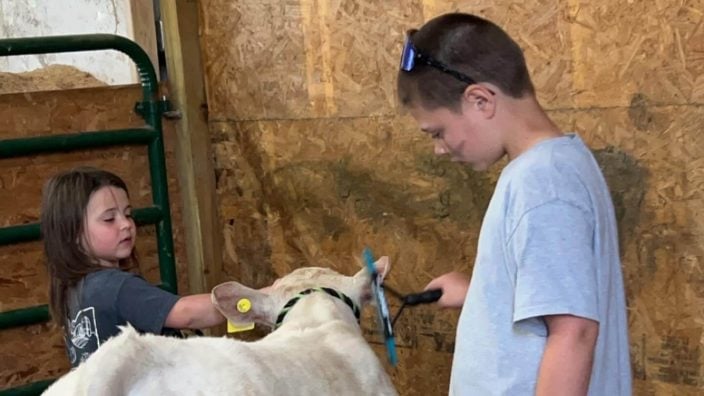
Let’s continue to embrace the hard things and enjoy the beauty of every season.
Read More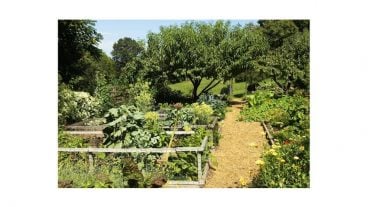
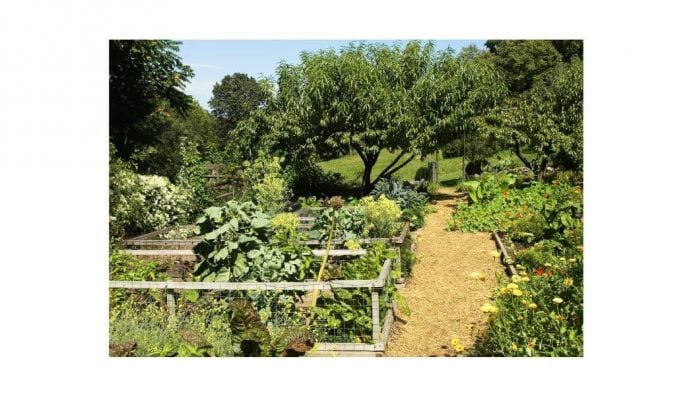
If you have any questions about your gardens, OSU Extension and the Trumbull County Master Gardener Volunteers are here to assist.
Read More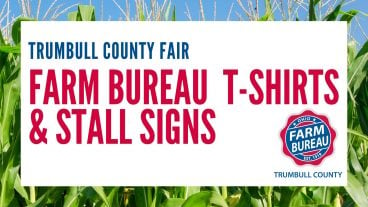
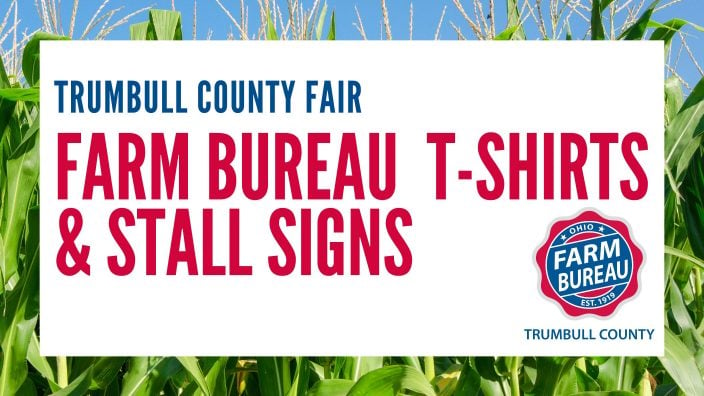
At the 2024 fair, we are offering a special benefit for our youth exhibitors. Each youth exhibitor will have the opportunity to display a stall sign on their pens throughout fair week.
Read More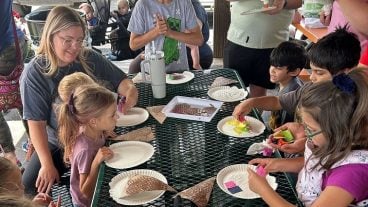
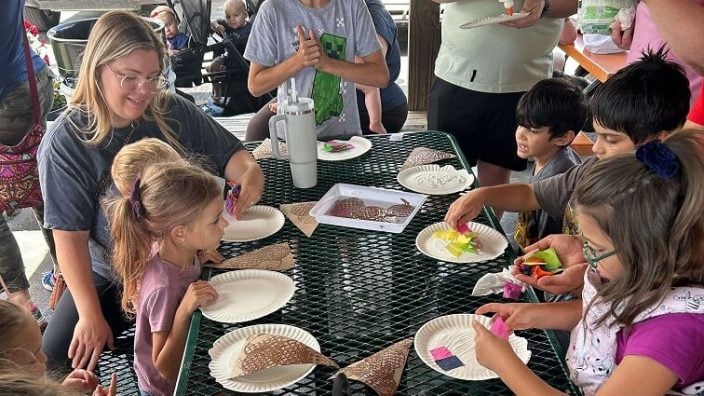
A farmer answers some of the most common questions about milk.
Read More

It’s too bad there isn’t a place on a resume for this skill.
Read More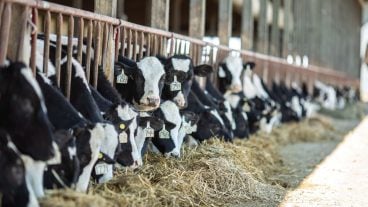
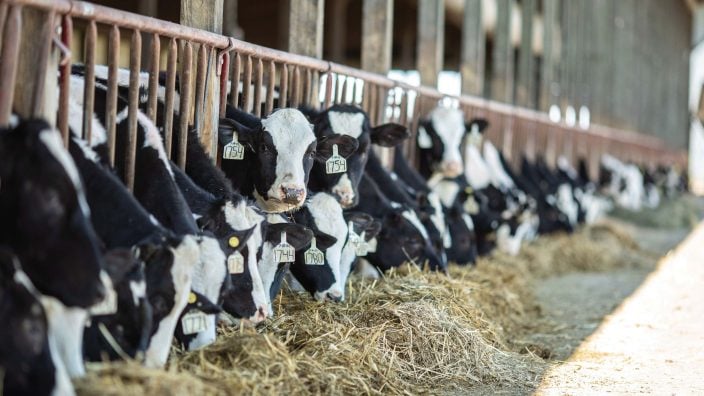
June is Dairy Month, a time to promote the dairy industry and to remind consumers of the health benefits that dairy products provide.
Read More

By giving yourself grace and implementing practical strategies, you can navigate busy times while taking care of your mental health.
Read More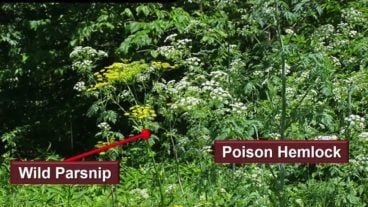
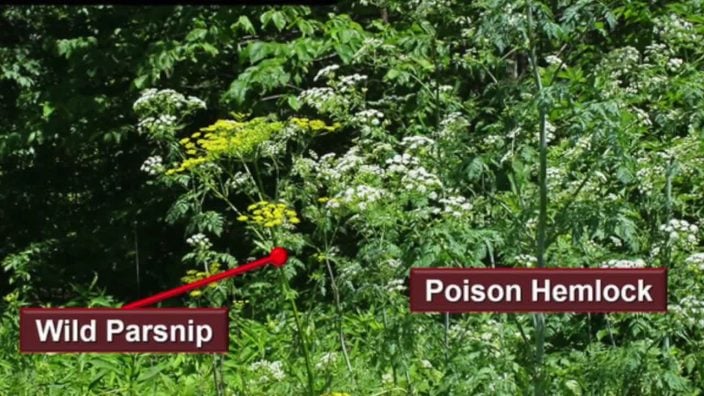
Hello Trumbull County. Spring is moving along quickly, and I hope you have stopped to admire all the flowers in…
Read More